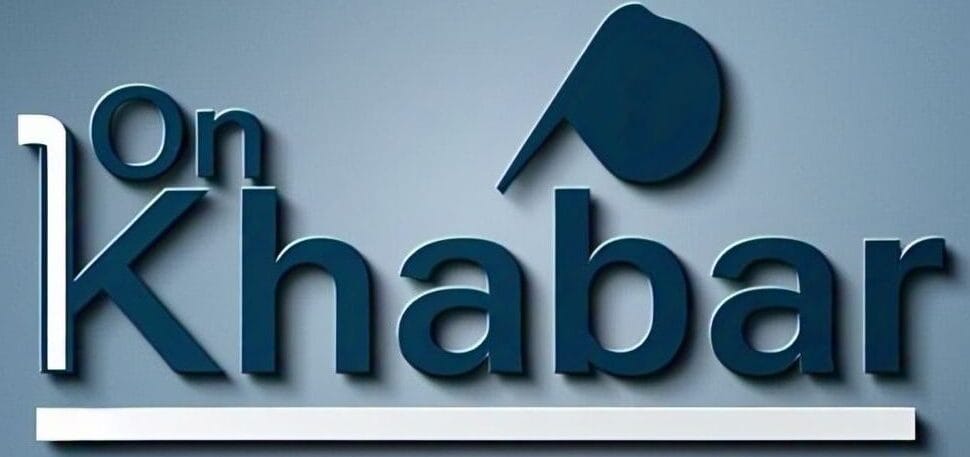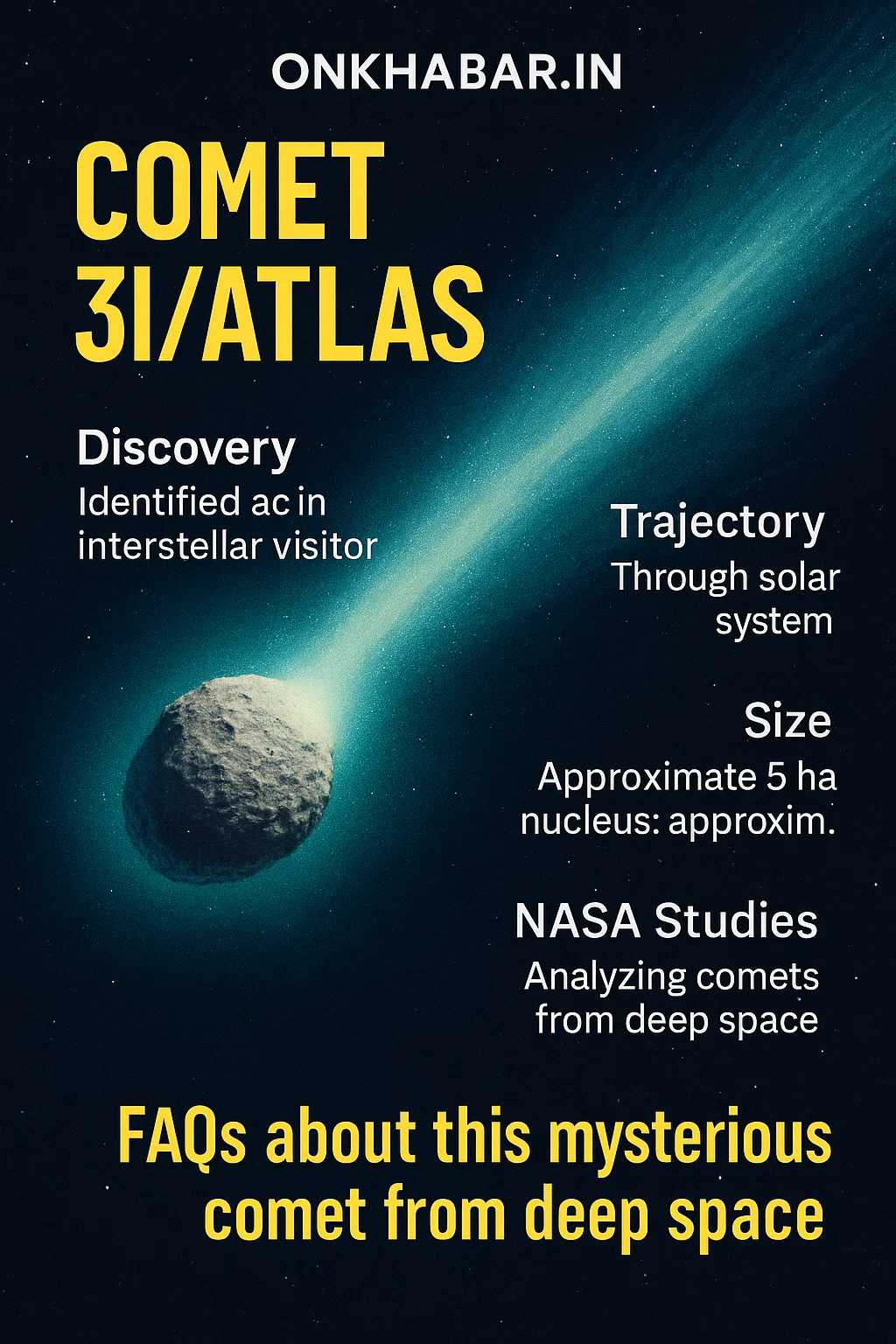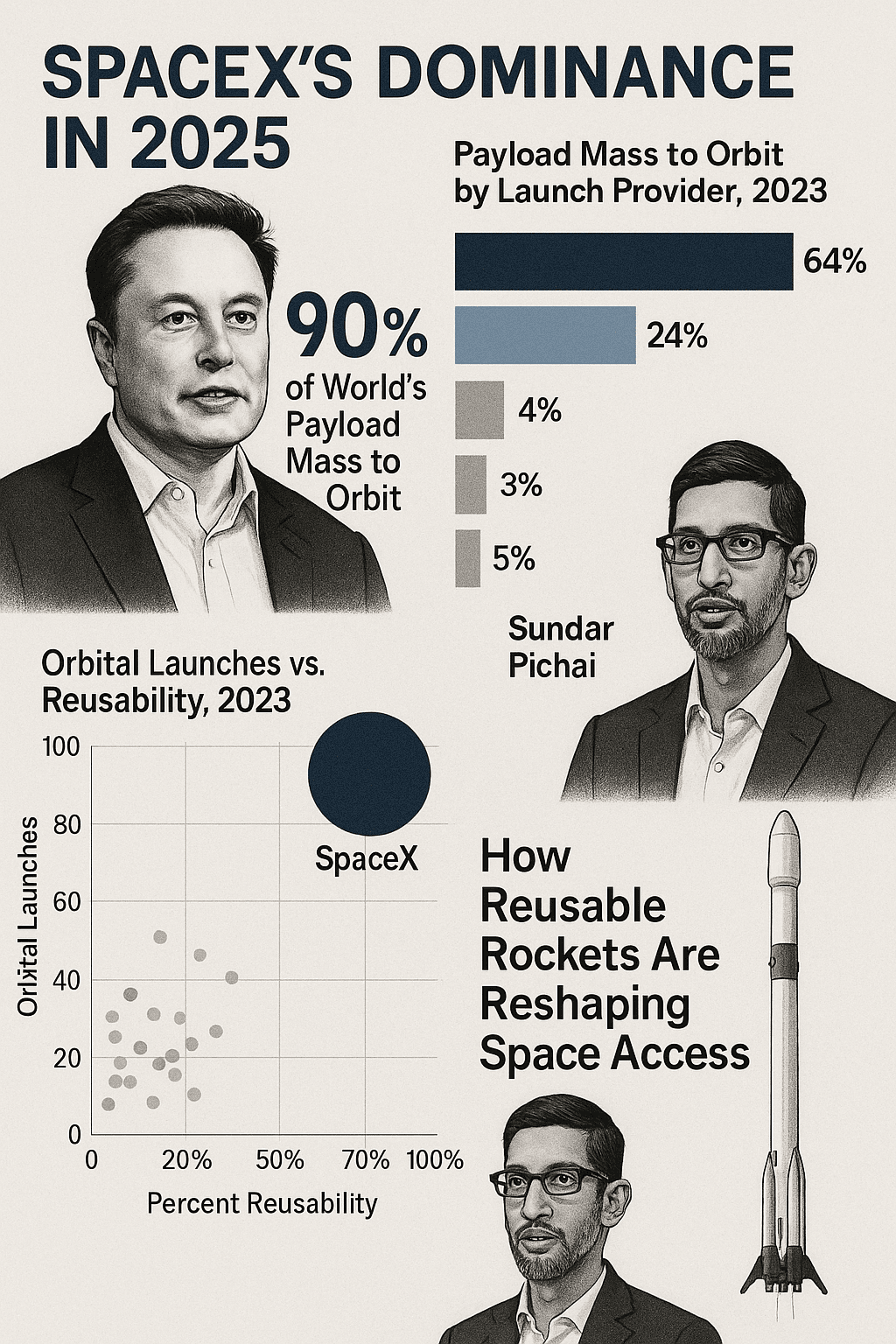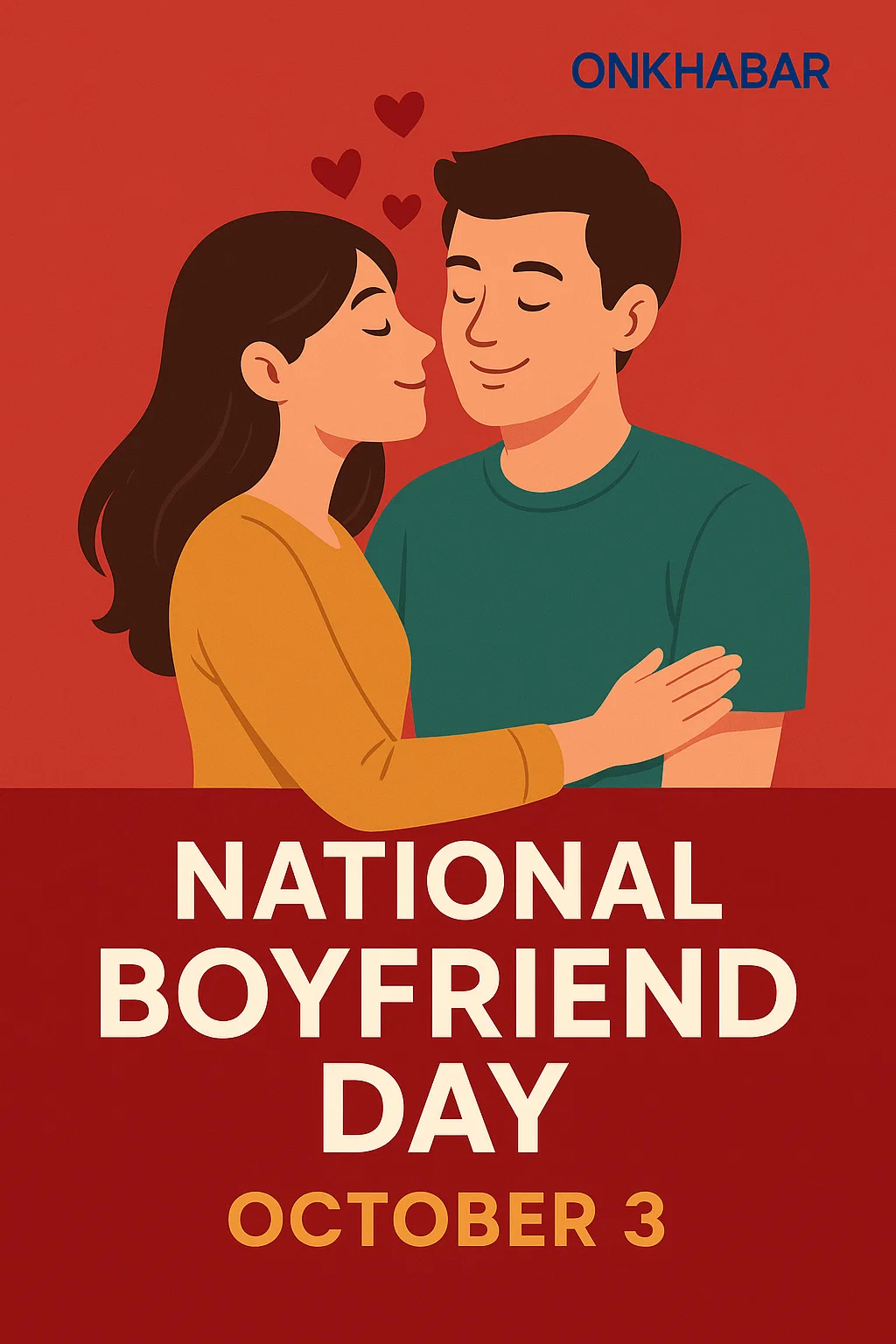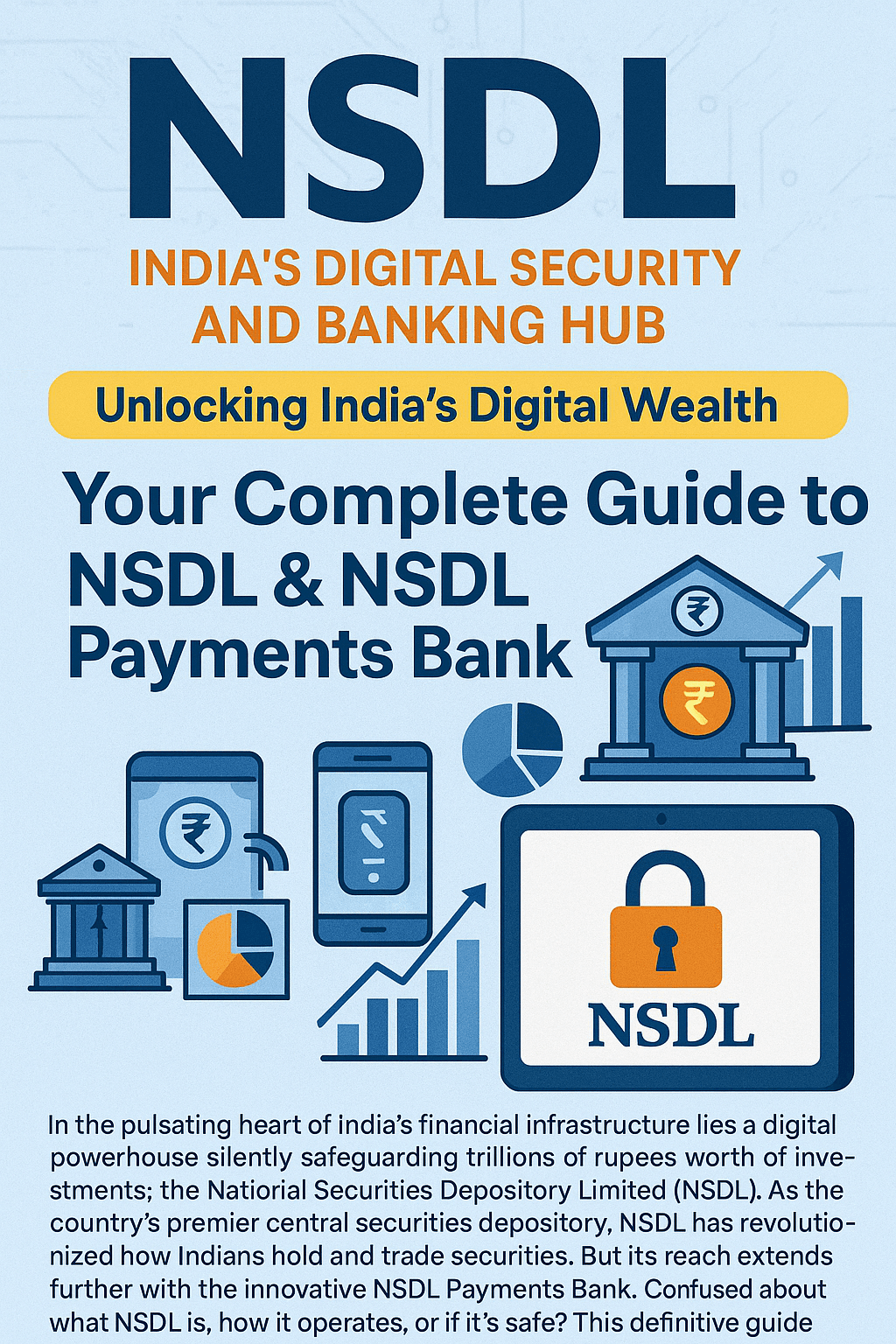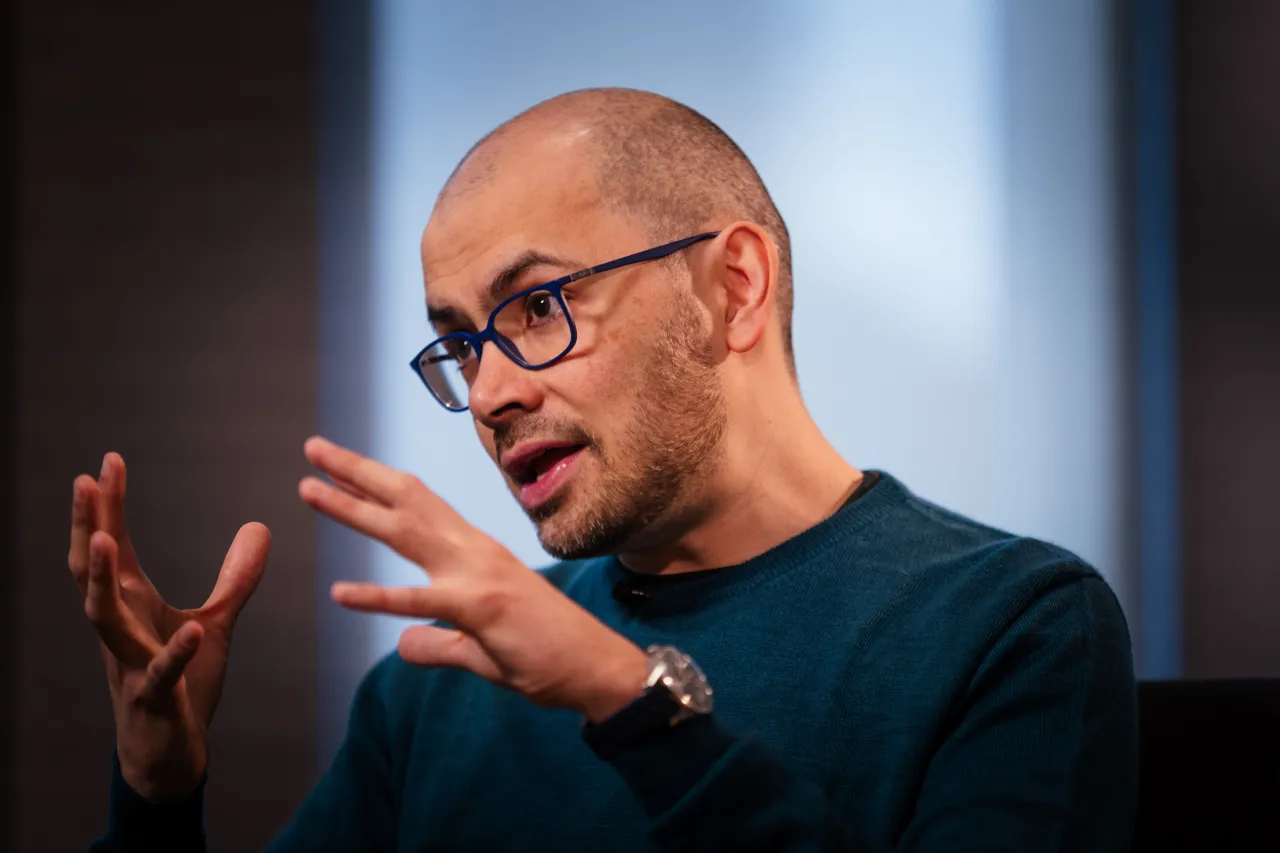
Discover why Google is paying AI staff to sit idle for a year instead of letting them join rivals like OpenAI. Explore the ethics, legal battles, and impact on the AI talent war.

The Bizarre Reality of “Paid Vacation” in AI
Imagine getting paid a full year’s salary to do… nothing. For some employees at Google’s DeepMind, this isn’t a fantasy—it’s a contractual obligation. But there’s a catch: They’re barred from joining competitors like OpenAI, Microsoft, or even hot AI startups during this period. While it sounds like a dream gig, many researchers describe it as career purgatory in an industry where progress moves at lightning speed.
This controversial strategy has ignited debates about corporate power, innovation stifling, and the ethics of noncompete agreements. Let’s unpack why Google is taking such drastic steps to retain AI talent—and why critics are calling it a Faustian bargain.
Dear @GoogDeepMind ers, First, congrats on the new impressive models.
Every week one of you reaches out to me in despair to ask me how to escape your notice periods and noncompetes. Also asking me for a job because your manager has explained this is the way to get promoted, but…
— Nando de Freitas (@NandoDF) March 26, 2025
What’s Happening at Google DeepMind?
According to a Business Insider report, Google’s DeepMind division in the UK is enforcing “aggressive” noncompete clauses that lock employees into up to 12 months of “garden leave.” During this time, staff are paid their full salary but cannot work for competitors or contribute to projects. Four former employees revealed that some colleagues were sidelined for months, effectively benched during critical phases of the AI boom.
How It Works:
- Employees sign noncompete agreements when handling sensitive projects.
- Upon resignation, they’re placed on paid leave (garden leave) for 6–12 months.
- They’re legally blocked from joining rivals, even if they’re no longer actively working for Google.
While garden leave is common in finance and law, it’s rare in fast-paced tech sectors. For AI researchers, a year-long hiatus could mean missing breakthroughs like GPT-5, Gemini updates, or groundbreaking papers.
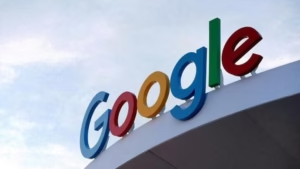
Why Is Google Resorting to This Strategy?
The AI talent war is cutthroat. With OpenAI, Microsoft, Meta, and startups vying for experts, retaining top minds is a top priority. Google’s DeepMind—a pioneer in AI research—has seen an exodus of talent to rivals in recent years. For example, co-founder Mustafa Suleyman recently joined Microsoft to lead its consumer AI division.
Google’s Stated Reasons:
- Protecting Intellectual Property: Preventing leaks of proprietary models like Gemini.
- Maintaining Competitive Edge: Stopping rivals from gaining insider knowledge.
- Complying with UK Laws: Unlike California (where noncompetes are banned), the UK permits them if “reasonable.”
But critics argue the practice is less about protection and more about control. As Microsoft AI VP Nando de Freitas (a former DeepMind director) posted on X, employees contact him weekly “in despair” over escaping these contracts. “It’s abuse of power,” he wrote.
The Human Cost: Stifling Innovation or Protecting IP?
For employees, garden leave is a double-edged sword. While the paycheck keeps coming, the professional toll is steep:
- Career Stagnation: Missing out on hands-on projects slows skill development.
- FOMO in a Fast-Moving Field: AI evolves weekly. A 12-month gap could render knowledge obsolete.
- Mental Health Strain: One former DeepMind employee told BI, “Who wants to hire you if you’ve been idle for a year? That’s forever in AI.”
Even worse, noncompetes disproportionately affect mid-career researchers. Startups can’t wait a year to hire talent, and public criticism might brand them as “troublemakers.”
Legal and Industry Perspectives: Is This Even Legal?
In the UK, noncompetes are enforceable if they’re “fair” and protect legitimate business interests. Google claims it uses them sparingly, only for roles involving sensitive data. But the broader tech industry is divided:
- Silicon Valley vs. London: California banned noncompetes to foster innovation. The UK’s allowance creates a stark contrast.
- Ethical Concerns: Is it fair to restrict someone’s career for a year? Critics say no.
- Precedent Setting: If Google succeeds, will Amazon, Apple, and others follow?
The Bigger Picture: AI’s Talent Arms Race
The DeepMind controversy underscores a larger issue: AI expertise is scarce. With demand soaring, companies are pulling out all stops:
- Sky-High Salaries: OpenAI offers $10M+ packages for top researchers.
- Equity and Perks: Startups lure talent with generous stock options.
- Aggressive Recruiting: Meta’s CEO Mark Zuckerberg personally emails candidates.
In this environment, noncompetes act as a countermeasure—but they risk alienating the very talent companies need to retain.
What’s Next for AI Professionals?
If you’re in AI, here’s how to navigate this landscape:
- Read the Fine Print: Understand noncompete terms before signing.
- Negotiate: Push for shorter clauses or exceptions.
- Seek Legal Advice: UK laws allow challenges if terms are “unreasonable.”
Regulators are also stepping in. The UK government is reviewing noncompete laws, which could lead to California-style reforms.
Conclusion: A Dangerous Game With Innovation at Stake
Google’s strategy highlights a painful truth: The AI race is so intense that companies would rather pay employees to stay home than let them boost a rival. But while this might safeguard secrets short-term, it risks long-term consequences—stifling innovation, damaging employer brands, and fueling resentment among top talent.
As the debate heats up, one thing is clear: In the battle for AI supremacy, treating humans as pawns could backfire spectacularly.
